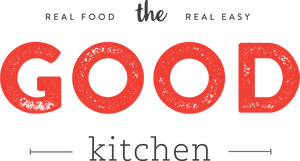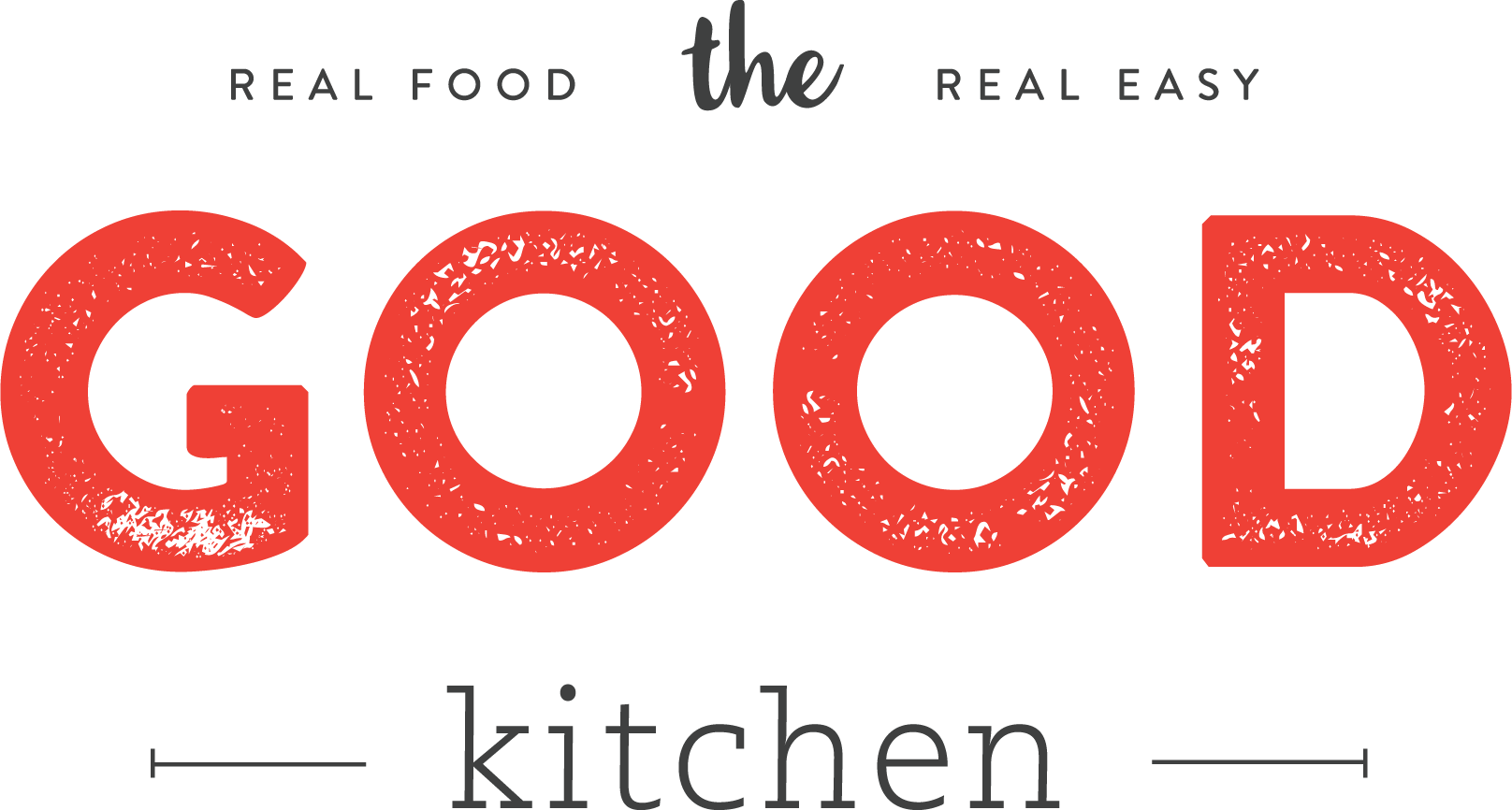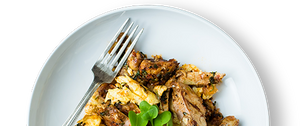Digestion Matters
Kendall Kendrick explores stress, digestion, meditation, sleep, play, and fitness.
Updated 3/9/16. Originally posted 3/16/14.
Kendall Kendrick of Primal Balance joins us to discuss digestion. Kendall is a mom to four girls, a Nutritional Therapy Practitioner, and host of the show Born Primal. Kendall writes about Paleo nutrition, primal parenting, and urban farming on her blog, Primal-Balance.com, and enjoys helping others find balance in food, pregnancy, childbirth, raising healthy kids, and sustaining the planet. She was also one of the first contributors here at modPALEO! Let's here what she has to say
Digestion, the essential process by which our body receives nutrients is one of the most crucial components to living your best life. The healthiest diet won't make a difference if digestion is out of whack. Stress, sleep and activity are all factors that play a role in how well digestion works.
Digestion is a north to south process. Every cell that makes up every tissue that makes up every organ depends on the body's digestive system to provide the nutrients it needs to keep on functioning. Let's see what role this important plays in our health and what you can do better when it comes to digestion.
Digestion begins in the brain. The sight and smell of food triggers the salivary glands to begin producing saliva. As a culture we are overly stressed, which invokes a chronic state of "flight or fight", a function of our sympathetic system which controls most of our internal organs. In order to digest our food we need to be in a parasympathetic (or restful) state. It's important that we RELAX before meals. Sit down to eat, eliminate distractions, take a few deep breaths, and be mindful.
The mechanical and chemical breakdown of food begins in the mouth. When the teeth physically break down food into smaller parts, we call that mastication. Salivary glands secrete saliva to moisten food and help with swallowing. Without proper chewing, the brain doesn't get the message to trigger the proper digestive processes and food does not get broken down enough which places a burden on the stomach.
You can lessen the burden by chewing more. Chew foods at least 20 to 30 times per bite.
Once you swallow, food travels down the esophagus for passage to the stomach to continue the mechanical breakdown of food. Hydrochloric acid (HCl) triggers Gastrin to be released into the bloodstream. HCl is excreted into the stomach at a pH of 0.8, almost pure acid. Approximately 90% of Americans produce too little HCl. If you don't produce enough, your body creates an environment where organisms like yeast, bacteria, viruses and parasites can thrive and raise havoc in the GI tract. Factors like stress, excess carbohydrate consumption, nutrient deficiency, allergies, and excess alcohol consumption can inhibit HCl production.
Digestion continues in the small intestine which has a dual role as a digestive organ and a gland. The intestinal walls secrete mucous while also secreting two hormones into the bloodstream: secretin and cholecystokinin (CCK). Secretin stimulates the pancreas to release bicarbonate and pancreatic juice, and CCK stimulates the gallbladder to release bile.
Low fat diets do not trigger the release of bile and diets full of bad fat can cause the bile to become viscous. The gallbladder tries to contract, but is unable to release the viscous bile. No bile leads to no absorption of fats.
Undigested proteins can impact the tiny hairs of the small intestine called the villi and microvilli. The lining becomes leaky and selectivity as to what passes through the lining is lost, a malady also known as Leaky Gut Syndrome. Nourishing proteins and fats inappropriately pass through the gut walls, which overwhelms the immune system. A nourishing food now becomes an assault on the immune system.
The leftovers from digestion are dealt with in the large intestines. In the case of dysfunction, this includes maldigested foods full of parasites, microorganisms and undigested fats. Maldigested foods can clog the colon and get stuck, causing dysbiosis which disrupt the healthy flora. Without healthy flora, butyric acid is not produced which weakens the cells of the colon. This leaves the colon subject to inflammation, diverticula and loss of tone. Issues like IBS, crohns, colitis, celiac are a direct result.
As you can see, many problems can occur on the digestion journey, but we can help our bodies digest foods better simply by eating mindfully, chewing more and eating whole foods as provided by nature. It's tricky and amazing science, but we can do our part.
* Image originally appeared at nourishedkitchen.com






